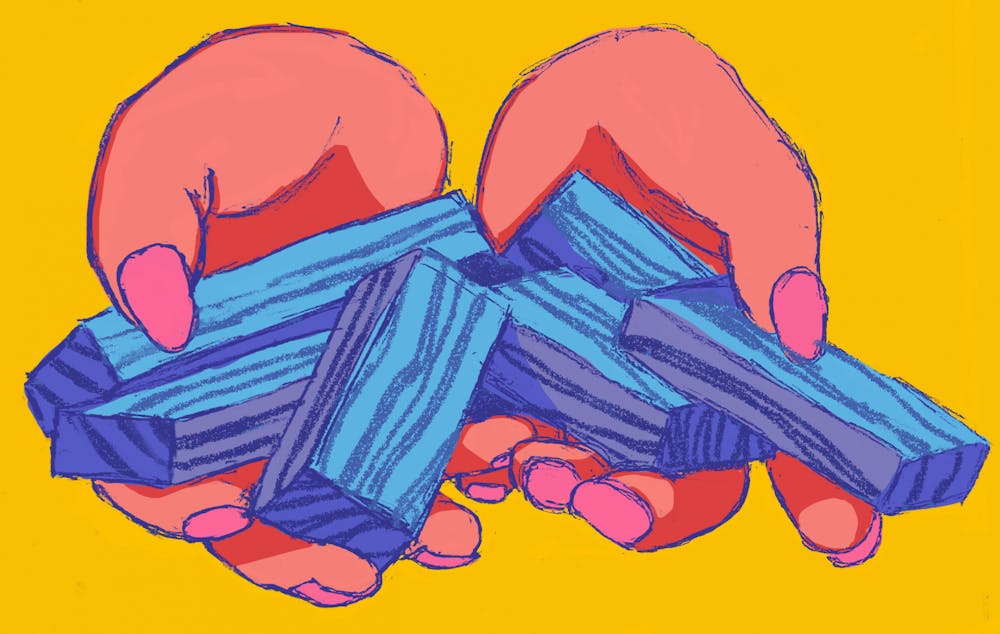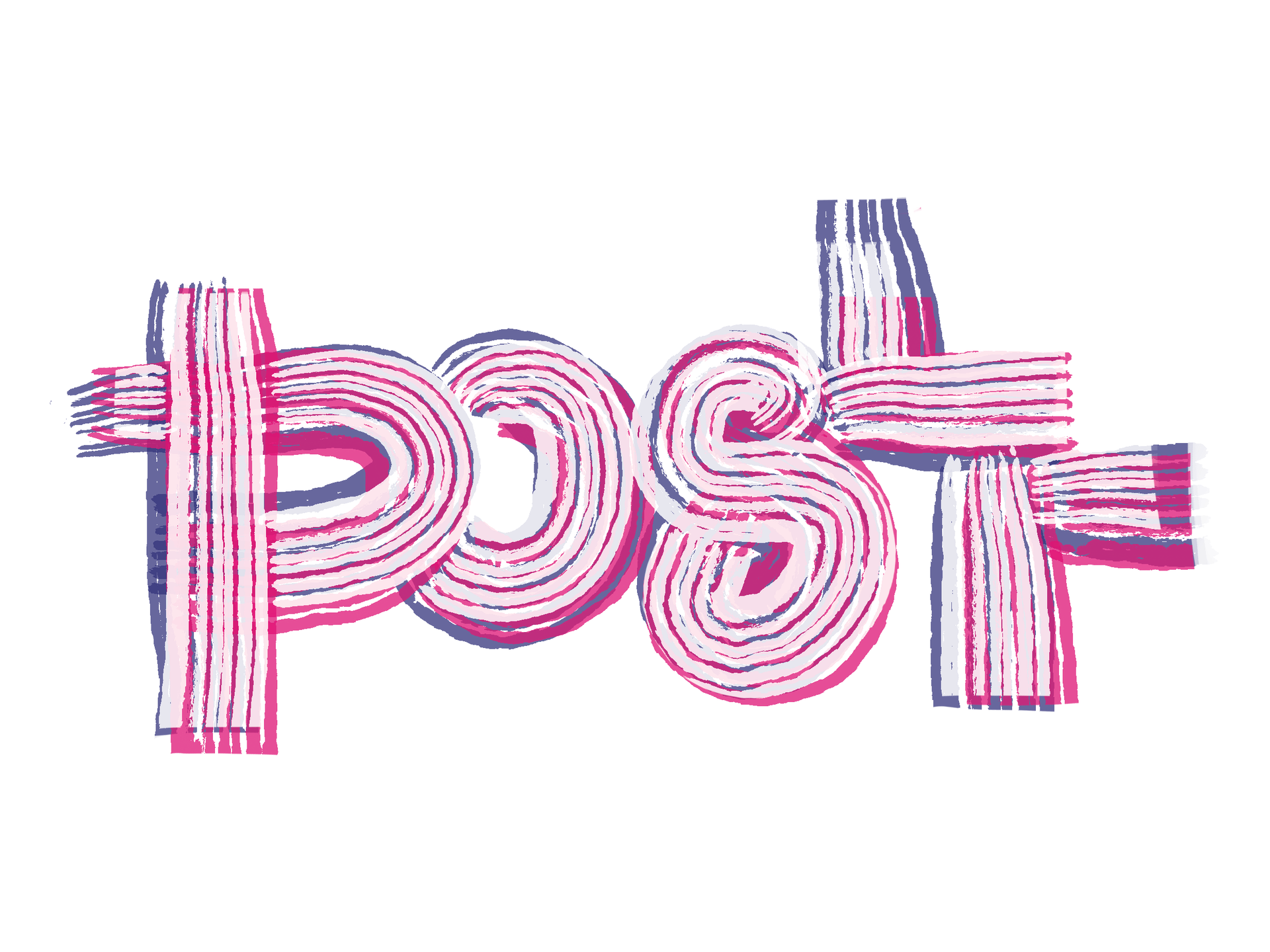When I was in the fifth grade, I was given an assignment to write a poem about “who I am.” A big task, really, for a fifth grader with naive brown eyes and puffy cheeks and very little concept of what it meant to be something or someone. In a font meant to imitate handwriting, centered on a page, I carefully typed out:
“I am from Russia and worry a lot
I wonder if magic exists
I hear rain pitter-patter on roofs
I see puffy clouds in the sky
I want to be the best at everything
I am from Russia and worry a lot
I pretend I am somebody else
I feel my mother’s hands on my cheek
I touch soft fur
I worry about a lot of things
I cry when I get bad grades
I am from Russia and worry a lot
I understand I am not perfect
I say everything is possible
I dream of being in a famous play
I try to be helpful
I hope others like me
I am from Russia and worry a lot”
It is uncanny, really, how much that fifth grader, fundamentally, has not changed. Some things have, sure—I no longer dream of being in a famous play, I no longer feel my mother’s hands on my cheek, I no longer say that everything is possible. But still. I worry a lot. I try to be helpful. I hope others like me. I want to be the best at everything. I understand I am not perfect. I worry a lot. I worry a lot. I worry a lot. A poem about who I am? Or a poem about not knowing who that could possibly be?
Maybe, when we grow up, it’s not so much that we learn who we are, but that we learn that we have never had any idea who we were in the first place. Is this all I am, all I ever was? A person who worries a lot?
No, that’s not right. Let me begin again.
It is mid-afternoon on a Friday, and outside it is raining. I find myself standing in the kitchen, looking over a large pot of leeks. I haven’t been feeling well and the inside of my head is filled with a hollow buzzing, like bees swirling inside a cave, my mouth sticky-sweet with their honey. I do not want to be a person who is filled with bees. Is that what I am? No, no, that can’t be right.
As they melt, the leeks smell sharp, spicy. I chop potatoes, smash and mince garlic, pour in a can of coconut milk. I run my hands over the potatoes as I chop them, feeling the indentations where they used to have eyes. Letting the scent of garlic stain my hands and my clothes. Soup is one of my favorite foods, thanks to how easy it is to make and how it coats my insides with warmth. It appeases the bees, lulls them into a soft sleep. For the moment, I am a person who has made a large vat of potato-leek soup.
I let that piece of information float in my mind among the bees, turn it over on my honey-coated tongue like a cough drop. I am a person who has made a soup. I find this strangely comforting.
It stresses me out how much our culture forces us to be constantly defining ourselves. Who are you? What makes you tick? What are your hobbies, your interests? Define it, make it easily packageable and marketable, and ship it off under the label of “identity,” leaving you the same formless blob you began with. But really, please tell me, what does it mean to be someone?
I am a person who embroiders badly. I stab my fingers with the needle by accident as I line my tote bag with wobbly, child-like carrots, thin and scrawny, as if they were the last few to get picked out of the bushel at the farmers’ market, sold at a reduced price. And yet, time after time, I sit at the dining table as conversation bubbles around me and stitch uncertain stitches into the tan fabric. Draw with an insecure fifth-grader’s hand on a twenty-year-old body that has never taken an art class. Attempt to pull light orange thread through the eye of the needle–make it on the fourth try. Turn the words satin stitch, stem stitch, french knot over on my tongue, let them melt into honey. Try them out, make them wobbly and a little too far apart. Carry the tote bag anyway because I bought it and spent time making it, and it would be a waste not to use it, although I don’t shoulder it quite proudly.
Is that who I am? Am I doing this right? I can’t shake the feeling that someone would disapprove.
Erik Erikson’s stages of ego development state that we go through the stage of “identity vs role confusion,” in which our senses of identity are established, between the ages of 12 and 18. As a psychology major, I can recite facts about various personality theorists’ beliefs about identity and self-perception, I can talk about the debate between the role of nature and nurture in shaping who we are, I can tell you about the causes and treatments for personality disorders.
But as a person, I cannot tell you anything. Am I even a person if I do not know who I am? As a ghost, then, perhaps.
As a ghost, my sense of self fell apart, rather than crystalized, at 18. I had gotten into college, and found myself walking face-first into the glass wall that is The Rest of Life. The teetering Jenga tower that was “Liza” came crashing upon the floor, kicked by the pandemic and smashed against the cliffs of college. I was, if anything, more mired in the sea of “role confusion” than I ever had been.
I say that as if I’ve resolved this conflict. That’s how it goes, isn’t it, when you write about your feelings? You go through conflict and at the end you tie it up neatly with a bow of resolution. Leave the reader with a satisfying take-home message to hold under their tongues.
No, I’m sorry, there’s no satisfaction to be had here. I have yet to figure out how to pick apart this thing that calls itself the sense of self. I can approach it with silly little metaphors—reach my hand into the beehive, look for crystals in the honey. Dig for words amid the chaos. But it’s too vast, too confusing. The only way to survive is to simply exist.
Please, stop asking me who I am. I don’t know how to answer that question.
I make a soup—sweet potato, potato-leek, butternut squash. I embroider three wonky carrots on a tote bag and a bunch of flowers on the pocket of a pair of jeans. I understand I am not perfect. I hold hands with people I love. Propagate my pothos and watch its roots grow longer and longer. I try to be helpful. Feel my shoes sink into the soft mud as I run. Chop vegetables and mince garlic and make sauce and mix milk into coffee. I worry a lot. Look up at the clouds as I walk and pause for a moment. I hope others like me. Give hugs and hold on tight.
Could that, maybe, be enough?
Here, I think, is what I might be trying to say: I am a person who stands under the stars, holding pieces of scattered self in my hands.





